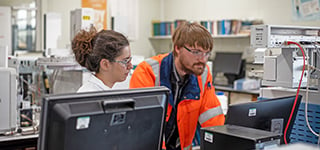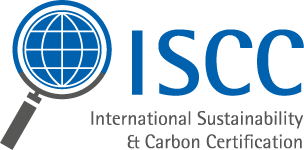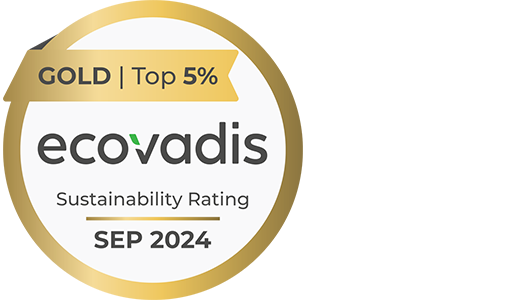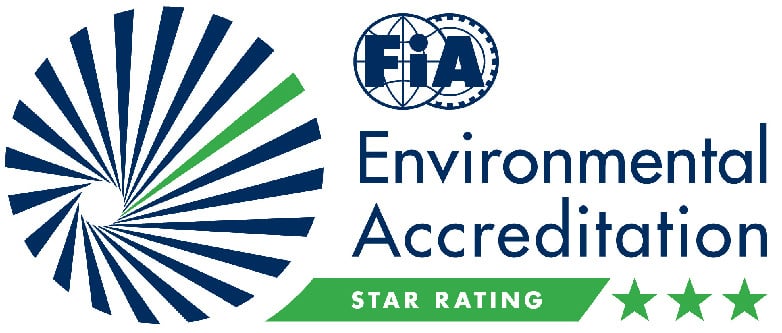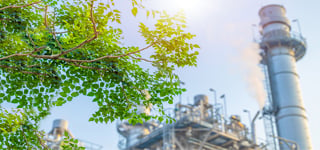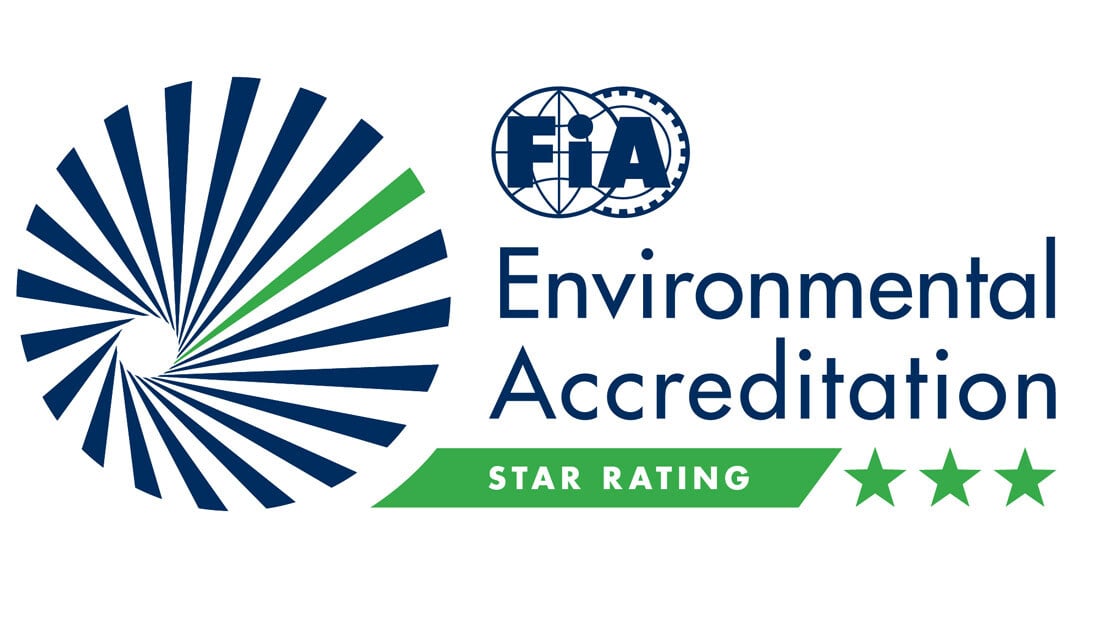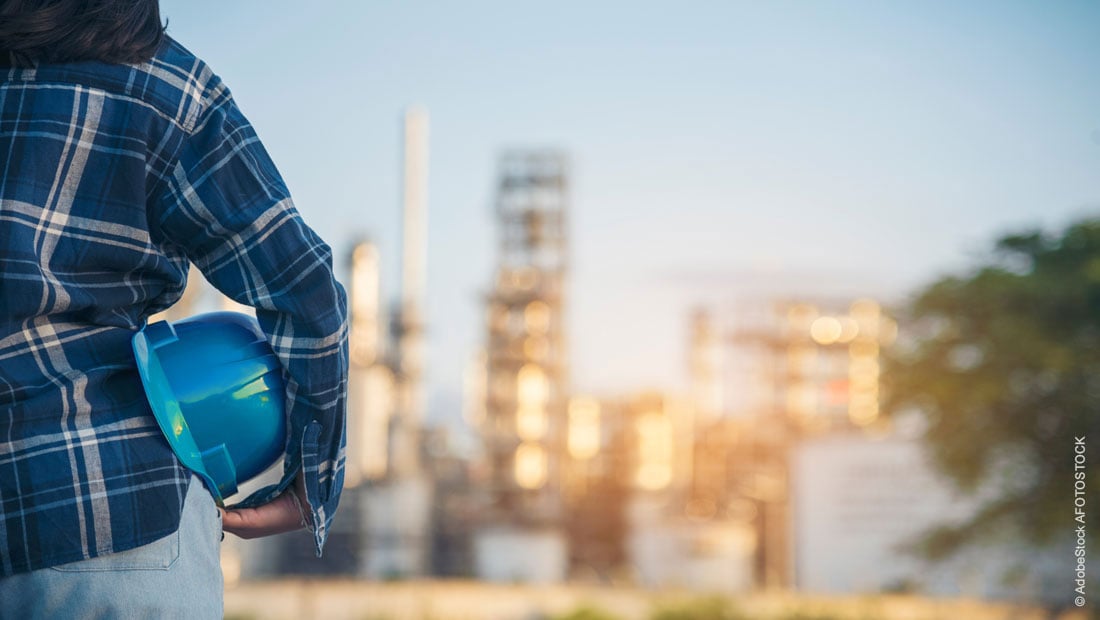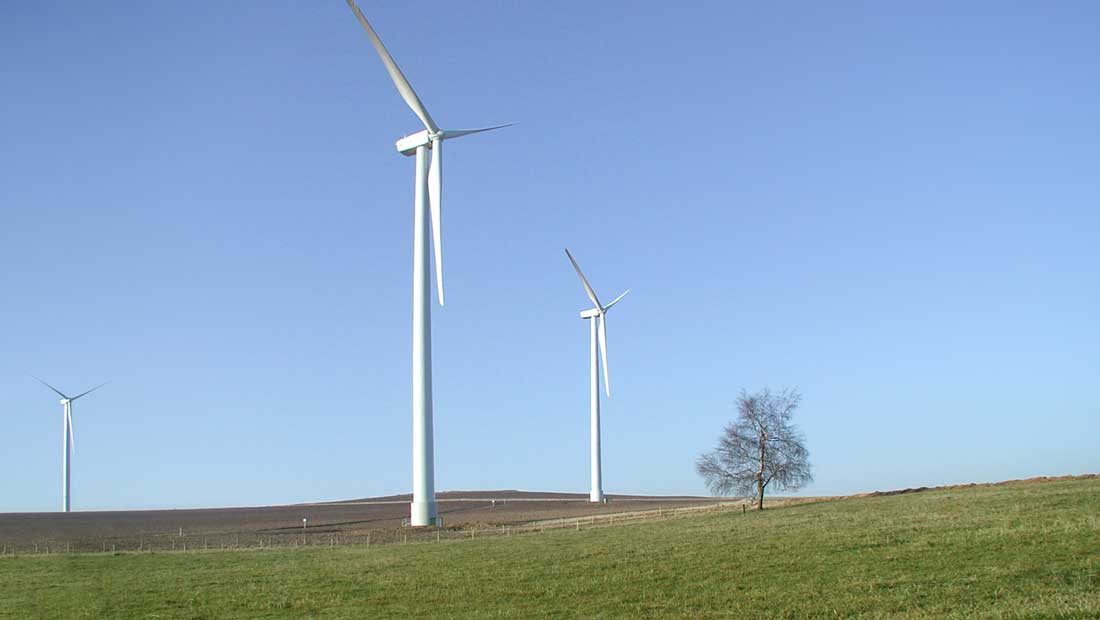
The transportation sector is changing - and what has long been an essential part of research and development in the automotive sector is now increasingly finding its way into aviation: sustainable solutions to reduce CO2 emissions. Alternative fuels, so-called Sustainable Aviation Fuels (SAF), play an important role in this context and are a significant driver for GHG emission reduction in aviation. Read here how tangible this forward-looking topic already is and the pioneering role that Haltermann Carless is playing.
A clear mandate for the aviation industry: investing in sustainable flying
Aviation is one of the fastest-growing sources of greenhouse gas emissions. The industry is currently responsible for 3.06 per cent of global CO₂ emissions and is expected to grow more than threefold by 2050 compared to 2015 (Environmental and Energy Study Institute, EESI).
To reduce overall Greenhouse Gas Emissions (GHG) and fight climate change, demanding targets have been set for example by the European Commission with the so-called “Green Deal”. On 25 April 2023, the European Parliament and the Council reached a provisional agreement in the ReFuelEU Aviation initiative. Formal confirmation is still pending. The new rules stipulate that a minimum proportion of Sustainable Aviation Fuel (SAF) must be made available at EU airports and gradually increased. This should ensure that the EU becomes climate-neutral by 2050. Besides efforts from the industry and governments, more and more air passengers are ready to pay for low-emission flights and would like to see a change in strategy in this sector as well. All in all, a clear mandate for the aviation industry.
For some time, the aviation industry has intensified their approach for more climate-friendliness in air transport. These include investments in new technologies, kerosene-saving take-off and landing or CO2-neutral airports. The most important approach though is to implement Sustainable Aviation Fuels (SAF) as they represent the greatest potential for reducing CO2 emissions in a timely manner.
Read also the following interview:
Stay informed with our Blog!Subscribe to our blog free of charge and benefit from regular information on sustainability, chemical purchasing, research & development and supply chain management: |
Sustainable Aviation Fuels (SAF) offer extensive advantages for the aviation industry
The aviation industry will need to rely on fuels for the foreseeable future as alternatives such as hydrogen and electric planes are currently not an option for long-distance flights. Therefore, Sustainable Aviation Fuels (SAF) are the ideal solution offering significant benefits:
- Deliver up to 80 % reduction of GHG emissions across product lifecycle compared to fossil fuels.
- Designed as so-called drop-in fuels, they are compatible with conventional fuels i.e. blendable and interchangeable.
- Meet the same high quality standards and comply with all safety requirements.
- Do not require any modifications to the aircraft, turbines or fuelling when in use.
European Commission pushes for sustainable flying
The supply of sustainable aviation fuels is still very low at less than 0.05% of total aviation fuel consumption in the EU (source: EASA, 2022). However, pressure is mounting, and the European Commission is planning a SAF blending requirement for fuel supplied to EU airports, the minimum proportions of which are to be gradually increased from 2 % in 2025, 6 % in 2030 to 70 % in 2050.
Airlines, airport operators and the supplying oil, energy and chemical industries see the rapid development and implementation of Sustainable Aviation Fuels (SAF) as an important vehicle for reducing CO2 emissions in the aviation industry and have set up corresponding investment projects.
What are the different routes for producing SAF?
There are several certified routes to produce SAF for use in commercial aviation. These technologies can convert a variety of feedstocks such as agricultural waste, used cooking oil, biogenic carbon and green hydrogen (power-to-liquid) into sustainable aviation fuel. The technologies include Hydrotreated Vegetable Oils (HVO), Power-to-Liquid (PTL), HEFA, Fischer-Tropsch (FT) and the Alcohol-to-Jet (ATJ) process.
The attractiveness of the individual technologies depends heavily on regional factors such as the availability of raw materials and access to inexpensive green hydrogen. It is important to be open to all key technologies in order to ensure the expansion of Sustainable Aviation Fuel (SAF).
Who are the key pioneers in SAF production?
Sustainable aviation fuels (SAF) are currently and in the near future being produced by various companies and organisations, such as Haltermann Carless.
Haltermann Carless invests in SAF production in Germany with the Alcohol-to-Jet (ATJ) process
As an innovative chemical company, Haltermann Carless has firmly anchored sustainability in its corporate culture and has long focused on reweable hydrocarbons, such as biofuels.
Now Haltermann Carless aspires to be the first commercial manufacturer in Germany to produce large-scale Sustainable Aviation Fuels (SAF). An investment project has been set up. The SAF "Made in Germany" is to be produced in Speyer. For this purpose, we are investing significant efforts in our production site in Speyer, firstly in the engineering and later construction of a production plant for renewable hydrocarbons based on the Alcohol-to-Jet (ATJ) technology.
The aim is to provide the market with around 60,000 tonnes of Sustainable Aviation Fuels (SAF), modern biofuels and renewable hydrocarbons per year by 2026.
Haltermann Carless selected the Alcohol-to-Jet (ATJ) process as it offers multiple benefits:
- ATJ is a demonstrated and future-proof SAF technology
- Allows feedstock flexibility (2G, waste feedstock acc. to EU RED II Annex IX); availability of sustainable raw materials for biofuels in Europe (lignocellulosic biomass, agricultural and forestry waste, catch crops)
- Simple drop-in fuel solution for existing aircraft utilising airport infrastructure
- Immediate and significant carbon reduction with demonstrated/certified Life Cycle Analysis (LCA)
Alcohol-to-Jet (ATJ) process:
SAF from Haltermann Carless: ideal prerequisites for the production of Sustainable Aviation Fuels (SAF)
Haltermann Carless was already at the cutting edge with the invention of Petrol in the 19th century. We have been living this pioneering spirit for over 160 years. With modern technologies and a high degree of customer-orientation, we are now also breaking new ground in the field of Sustainable Aviation Fuels (SAF).
Haltermann Carless offers ideal prerequisites and know-how to explore the SAF market:
- Many years of experience and expertise in the development and production of biofuels and renewable hydrocarbons.
- Utilisation of our existing infrastructure at the Speyer production site (distillation, blending & tankage), which enables short time to market.
- Speyer is a strategically advantageous production location: directly on the Rhine and close to Frankfurt Airport and other important airports - so customers in Europe can be supplied quickly
- Production site offers low carbon logistics – with barge & rail connections to major European airports, an experienced workforce with proven project management experience and is audited with the highest QC and industry certification.
Conclusion
Sustainable Aviation Fuels (SAF) will play a key role in the ability of the aviation industry to meet 2050 carbon goals (European “Green Deal” and ReFuelEU initiative). As the first commercial producer of SAF in Germany, Haltermann Carless is ready to accelerate next generation solutions to reduce impact of global air traffic and enable climate-responsible flying. For our company, environmental protection and GHG reduction is part of our corporate strategy, which we implement with competence, modern equipment, new technologies and investments.
This blog has been posted first on May 20 2021 and has been updated 24. November 2023





